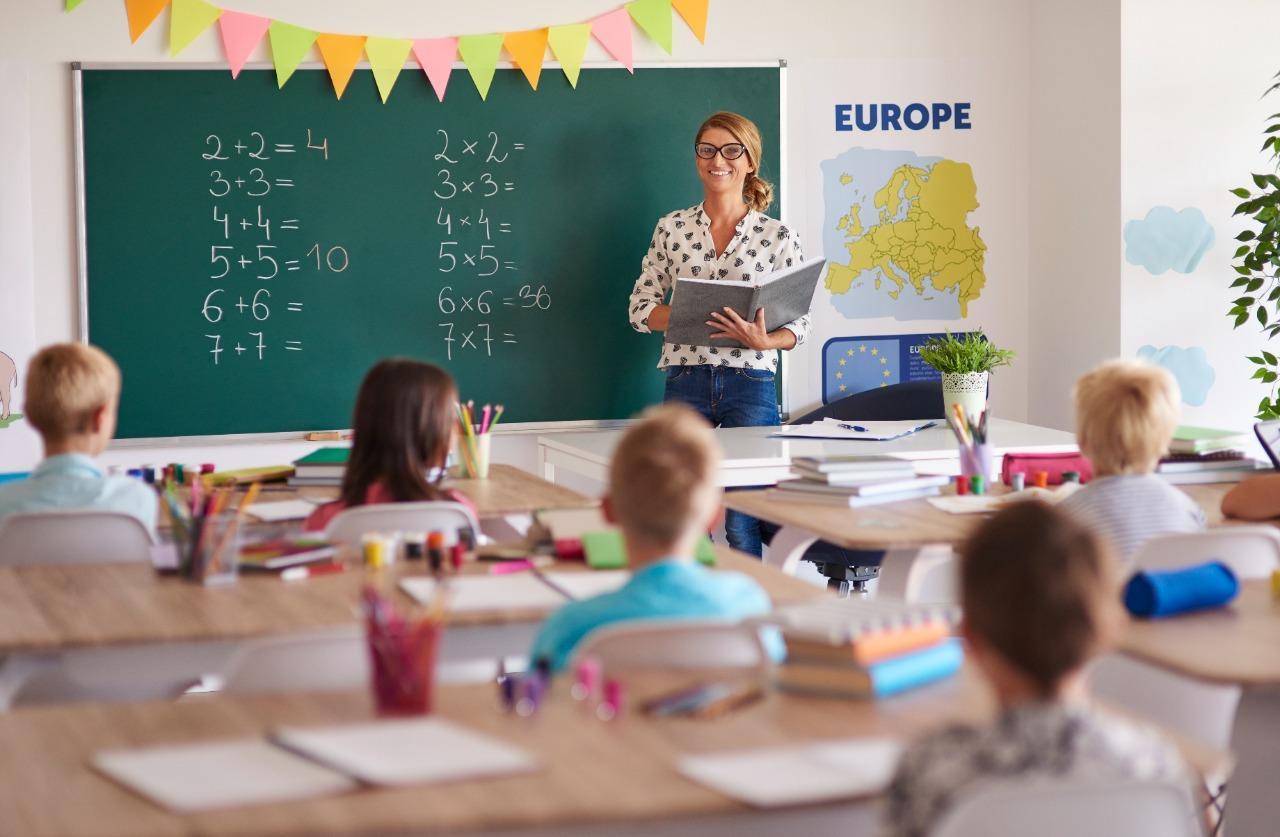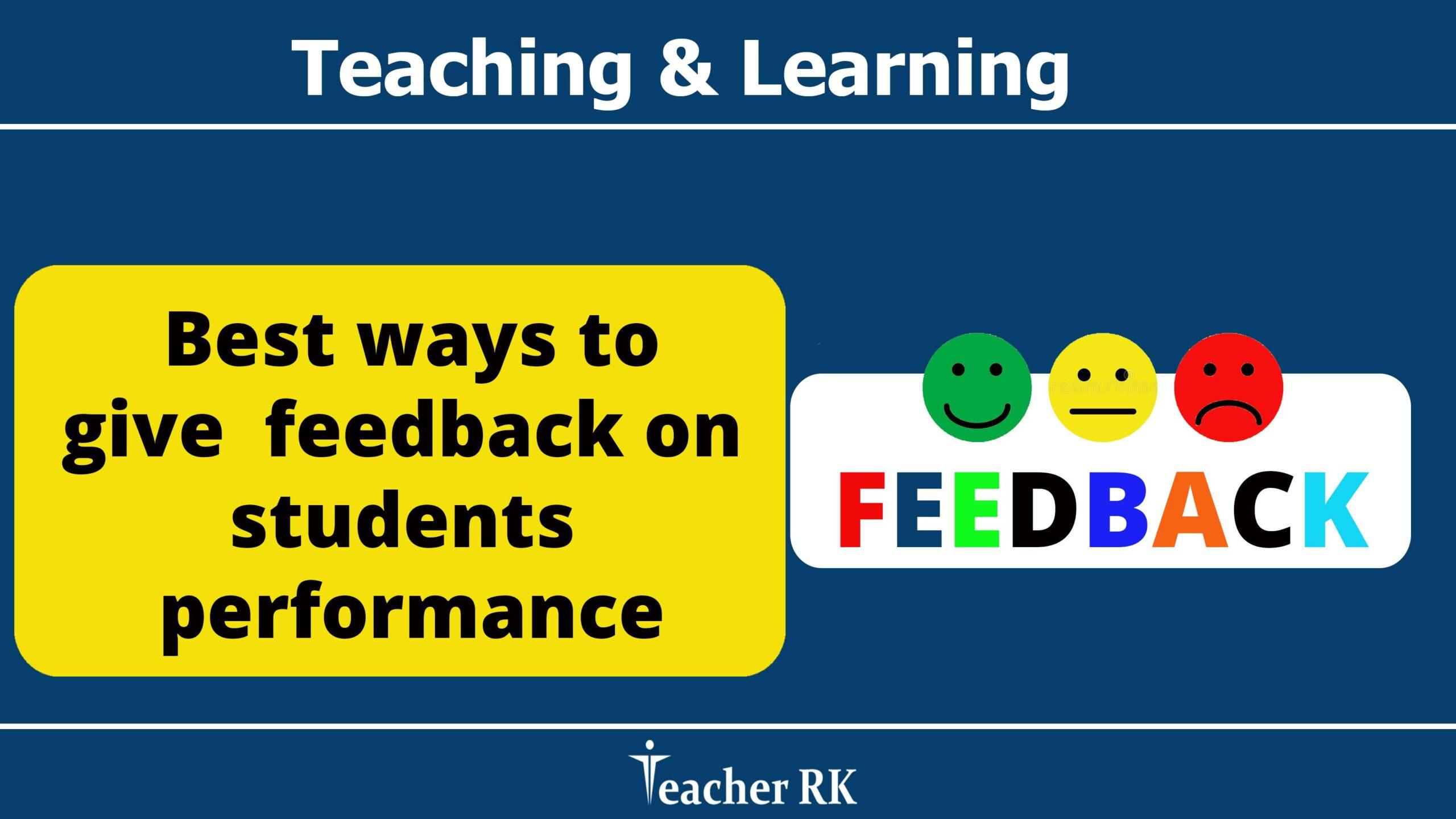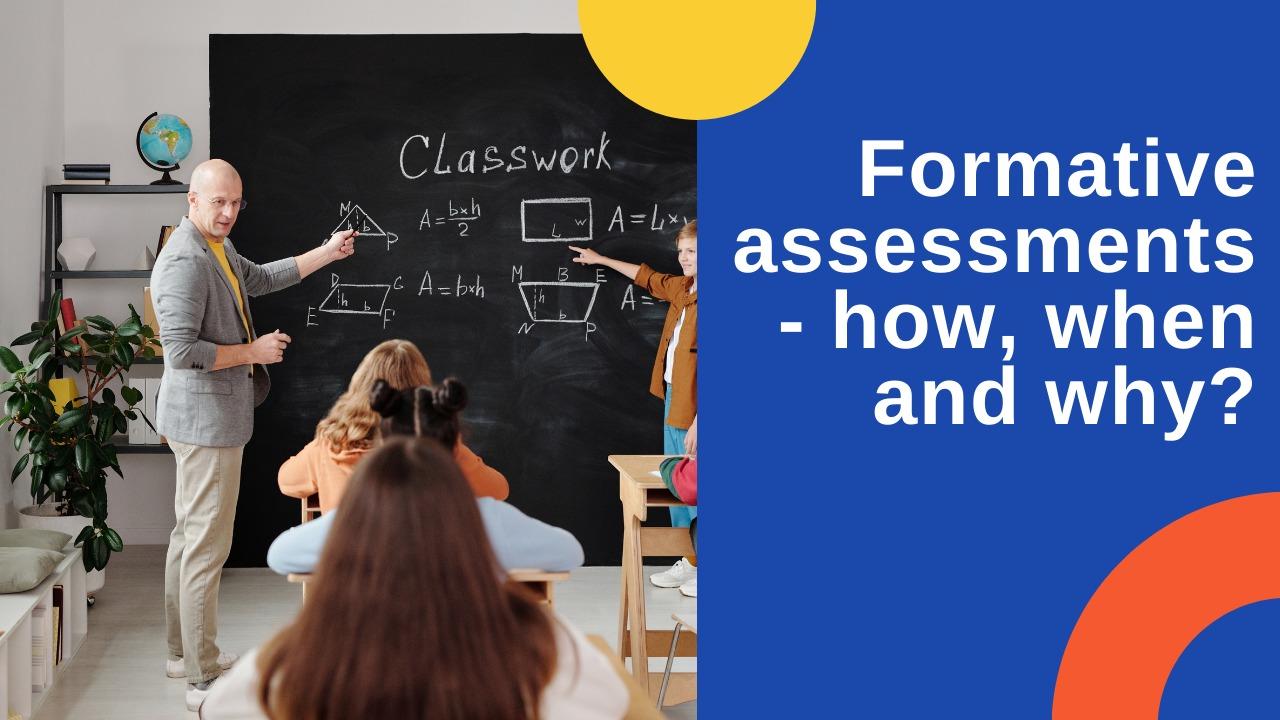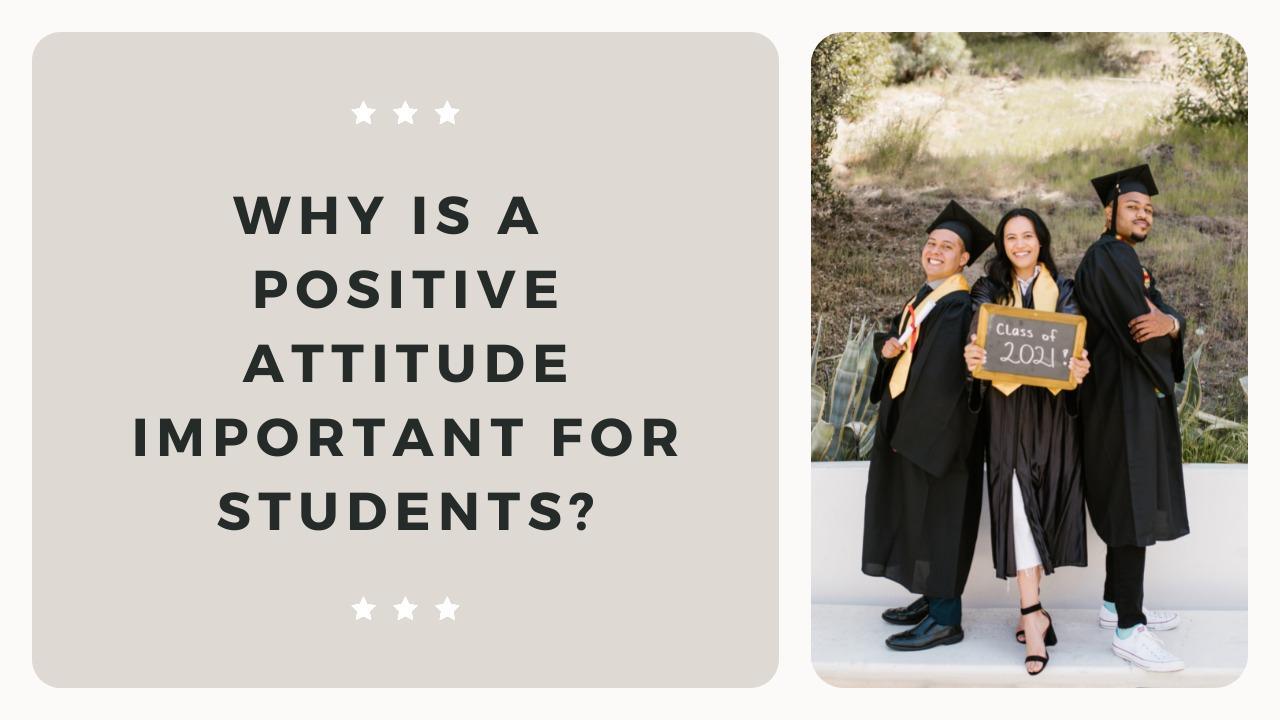It is important for students to be able to communicate effectively in the classroom because there are many different kinds of people in a class. Different backgrounds, cultures, and languages. And in order to be a successful student, it is vital for them to understand their classmates and what they are learning.
It is also important for them to be able to express themselves through the written word. This way, they can show their understanding of the topic or question that was posed by their professor or friend. They can also get help with something they are struggling with by discussing it with others who will know what they are talking about.
Practical communication skills are essential in many areas of life. The quality of communication in a classroom significantly impacts how it feels. Modern education places a lot of emphasis on preparing a student to be the best professional in a specific field.
It doesn’t count what kind of work you do if you don’t have good communication skills. Students who have good communication skills will be more likely to participate in class discussions, get more out of their class time, and be more productive members of group projects.
This post will show you how to help your students improve their communication skills. Communication is a two-way street, which means that there is both a person talking and a person being spoken to. For communication to happen, two people have to share information.
Students can know, develop, and thrive in a safe learning environment if teachers use good communication skills to get the word out. Importance of good communication at a young age is crucial for a child’s growth and learning. Students’ communication skills at school are critical and can be used in every part of their lives.
Developing good communication skills is one of the most important things you can do for yourself and your family. There are many ways to communicate. People can think of it as a communication to share their thoughts or ideas. Developing practical communication skills can be done in many different ways, and the results can be seen. This can help a student’s career.
Practical communication skills help you make a good impression and let you have a clear conversation, whether it’s oral or written. Using both written and spoken communication is essential for good communication. Communication can get information from one person to another quickly and effectively.
Some ways to support students improve their communication skills:
-
Make students want to start and participate in the conversation
To improve practical communication skills in students, it is essential to get students to start and join in on conversations. It’s possible that most of the students will not want to talk. This makes it hard for them to show how they feel when angry or stressed. So, make them want to be a part of things. During art projects, when you read together, and when you play games, start and support conversations. In the classroom, talk about how you feel about things that happen to students. In this way, you help students improve their communication skills by giving them support and building them up.
-
Make It Safe
The teacher should set up a supportive and safe environment where students can share their ideas and thoughts. This will help students improve their communication skills. Students need to ask for help if they need it to do well in school. Maintaining an open-door policy and allowing students to speak about anything is excellent to motivate good communication.
-
Active Listening
Guide your students to watch what they feel and want to say by paying attention to what they say and do. Listen to students, not just to respond and give an answer, but also to hear what they have to say. Sometimes, all it brings is offering someone a bite to eat to make them feel more cared for and supported. Listening to students is one of the best ways to help students improve their communication skills. When teachers pay attention to their students, they want to ask more questions in class.
-
More Teamwork
It is also a meaningful way to help students learn more effectively. The best way to stop competing with each other and instead work together to get great results is to do more group work and more team activities. This way can encourage communication, collaboration, and cooperation, and it can help students communicate more and better show off their skills to their classmates.
-
Encourage Students to Share Their Opinions
As a teacher, it’s important to let students share their thoughts in the classroom, too. What happens if you ask them what they think? This will help them improve their communication skills in class. At the school, teach students to talk about their ideas and show them how to do it. When students share their thoughts in the classroom, they become more comfortable and can talk about any subject they want to talk about.
-
Positive Feedback
When a student does well, teachers sometimes forget to talk about how well they did. There is a lot of positive feedback that encourages students to do better in all the fields. Ensuring students have good communication skills is a big part of giving them good feedback. In the past, it has been found that students who get praised are more likely to believe that they can do things well and be successful.
There are other good things about giving positive feedback like it can boost a student’s self-esteem and create a good vibe. To help students improve their communication skills, you can get better results for those affected and make learning more open and collaborative. Do these things if you like to enhance your children’s communication skills!
Conclusions
Communication is a vital part of any classroom. It helps students to express themselves and their emotions. Communication also benefits the teacher as they will have a more understanding of what the student is going through. Communication starts with small talk and expands to discussions about topics that are close to the heart of the student.
The importance for communication for both students and teachers cannot be ignored as it provides a deeper understanding of each other’s needs and opinions on different topics.
Some good steps for teachers to take when they want to teach their students how to communicate include: listening, be a good listener, being a good listener involves being a good observer, listen not just with our ears but also with our eyes and body language, ask open-ended questions instead of closed questions.
Communication is more than just words; we communicate through body language, facial expressions, gestures and sounds too. Body language such as touching someone on the arm or looking them in the eye is seen as a form of communicating trust and friendship. We also communicate through gestures such as nodding or shaking our head when we disagree with somebody else’s opinion; these are also forms of non-verbal communication which help us to better understand each other.










